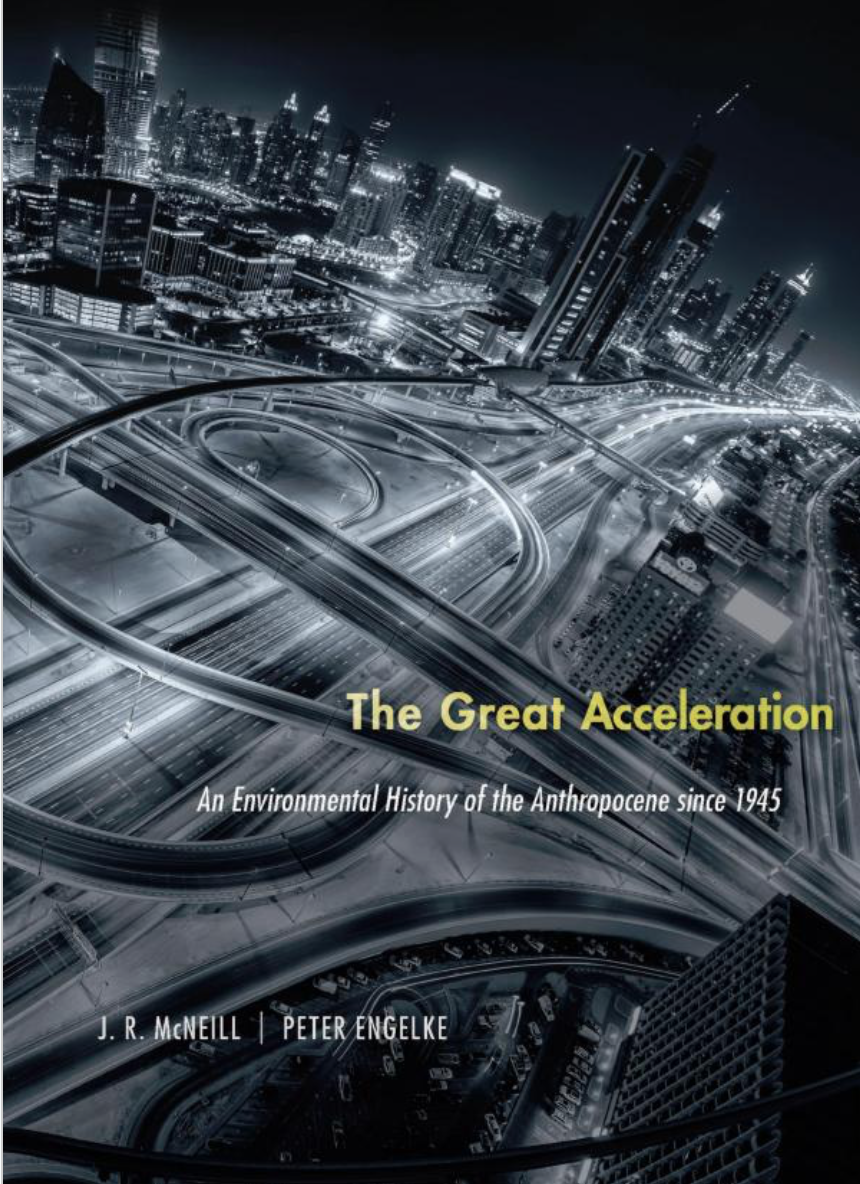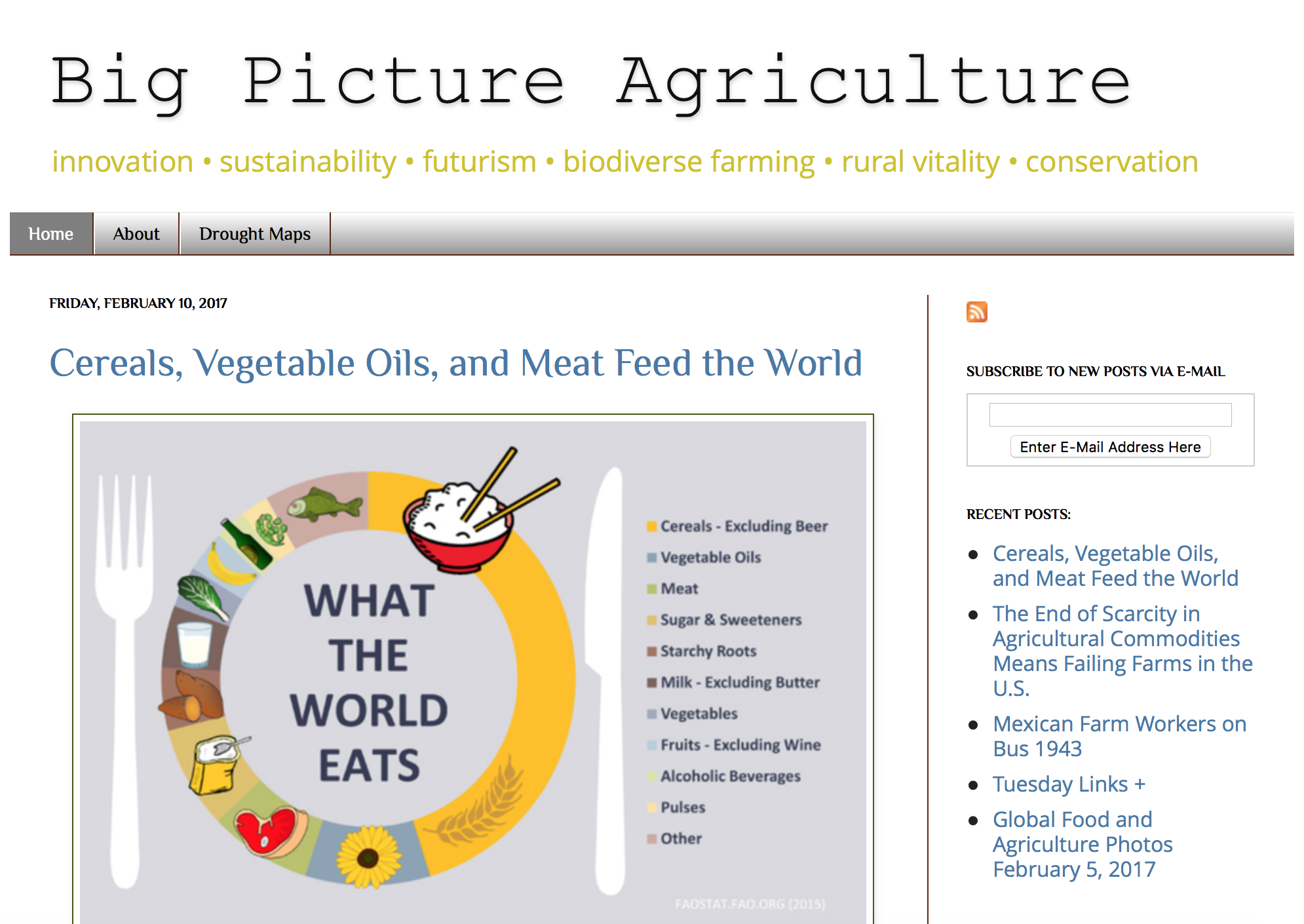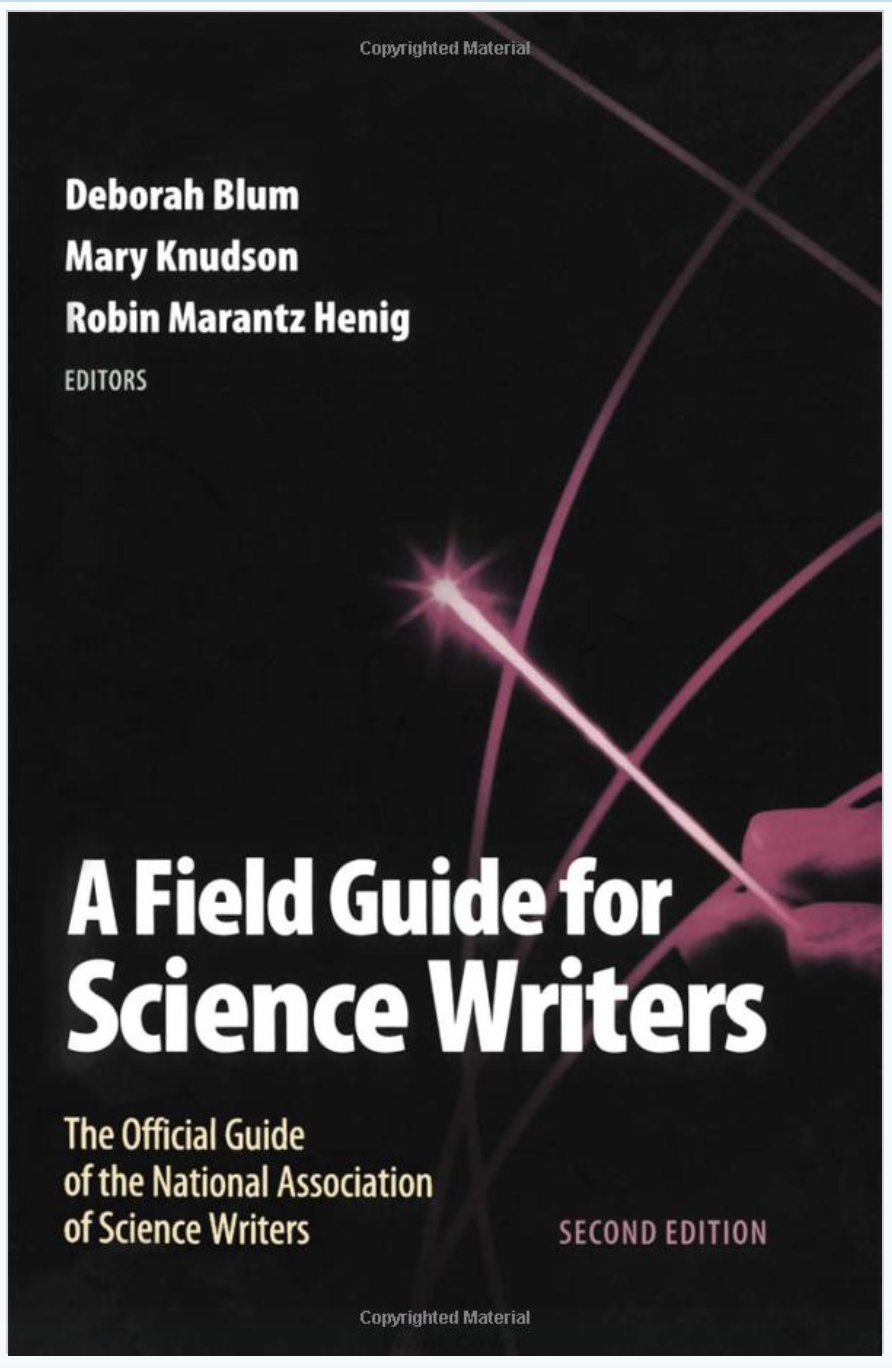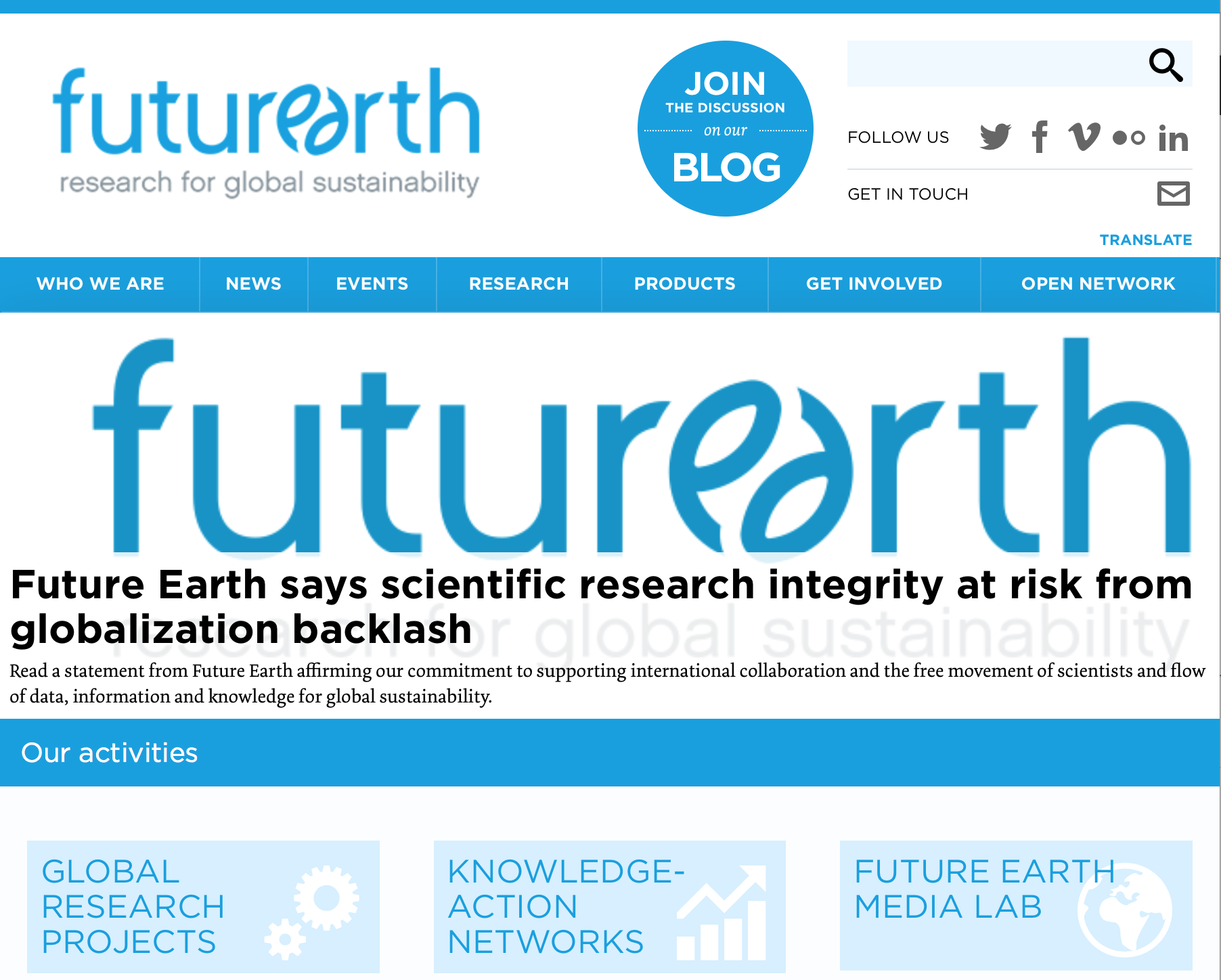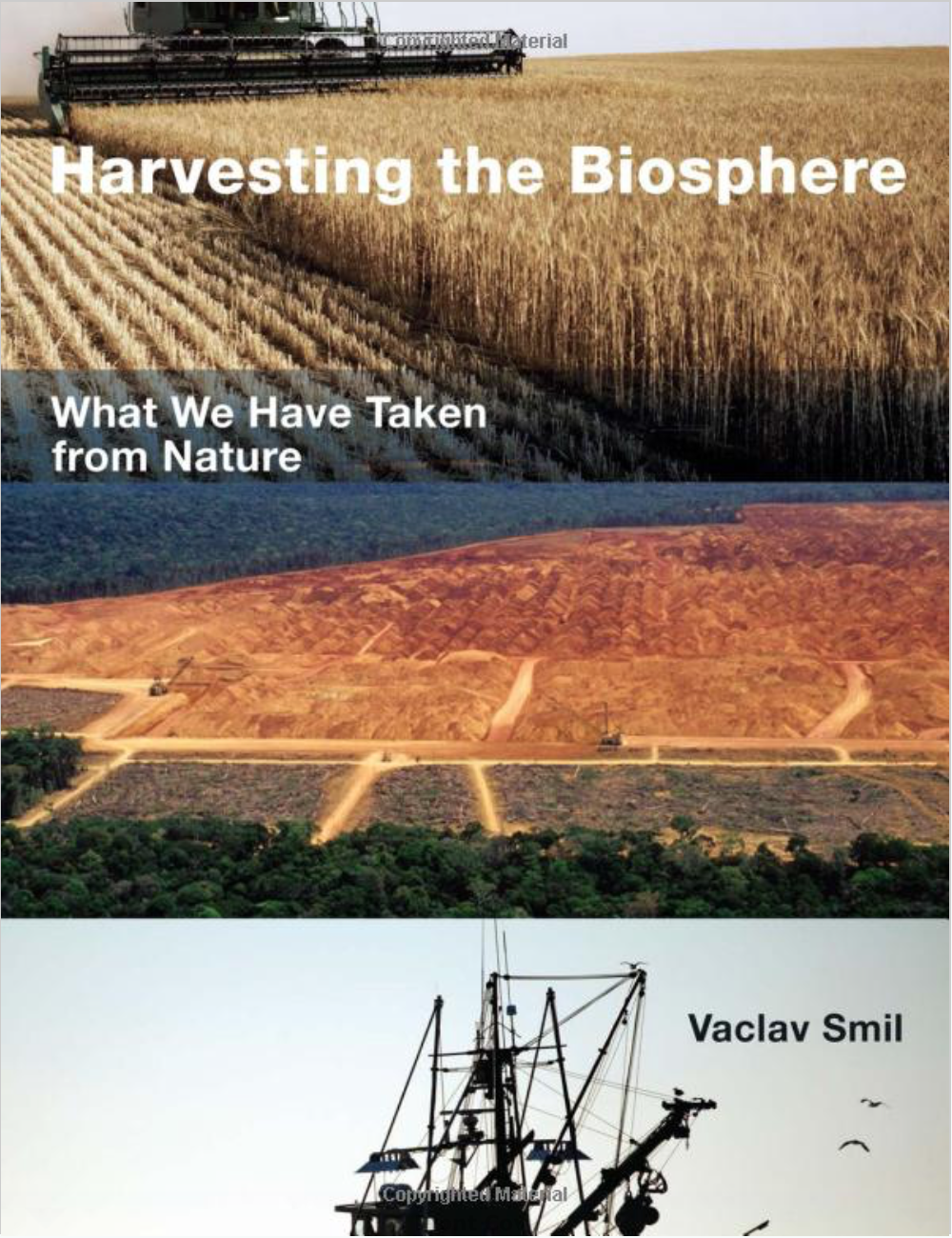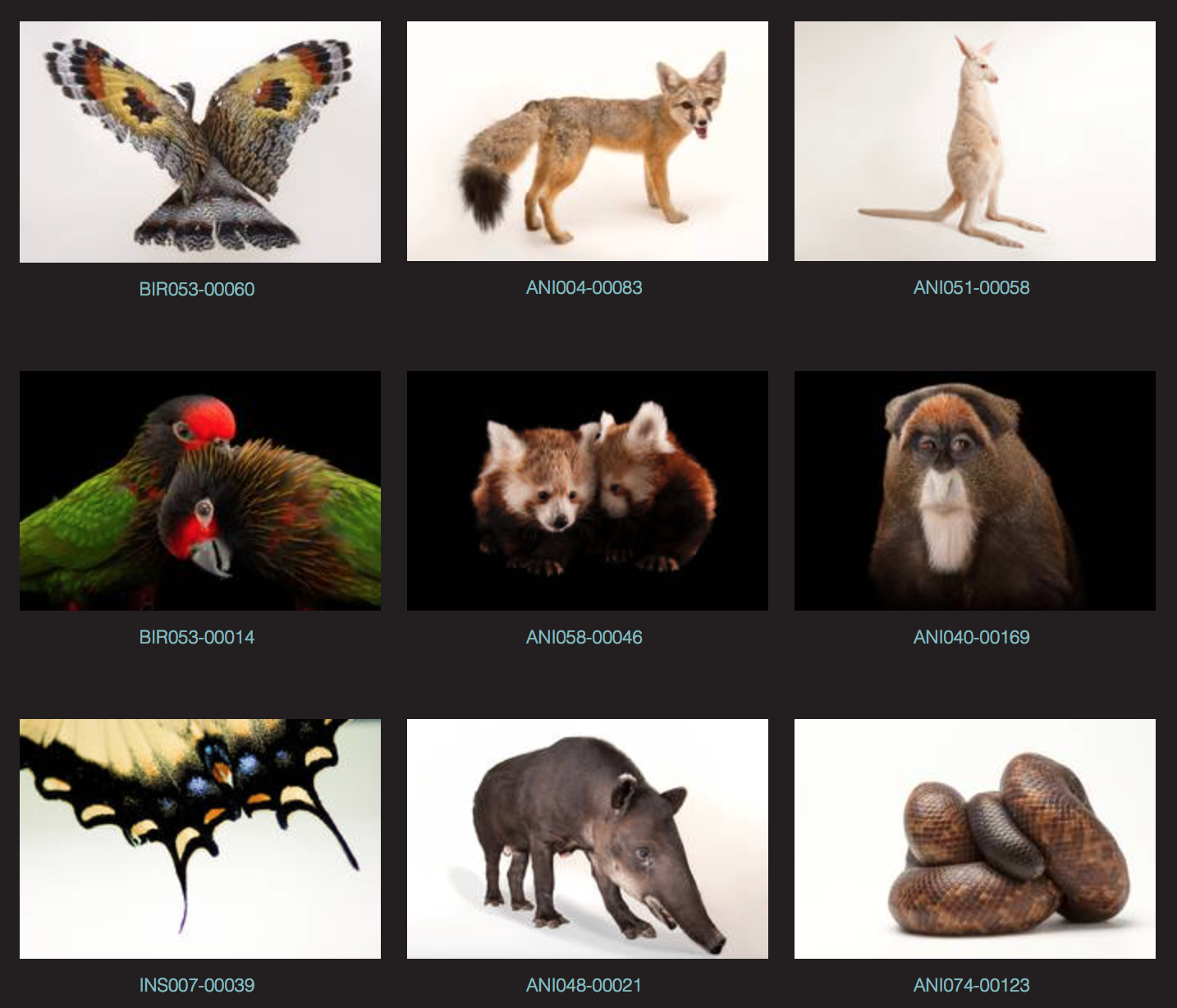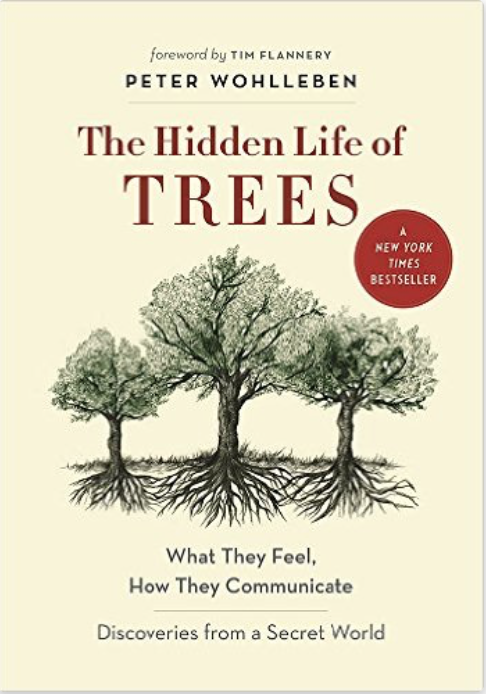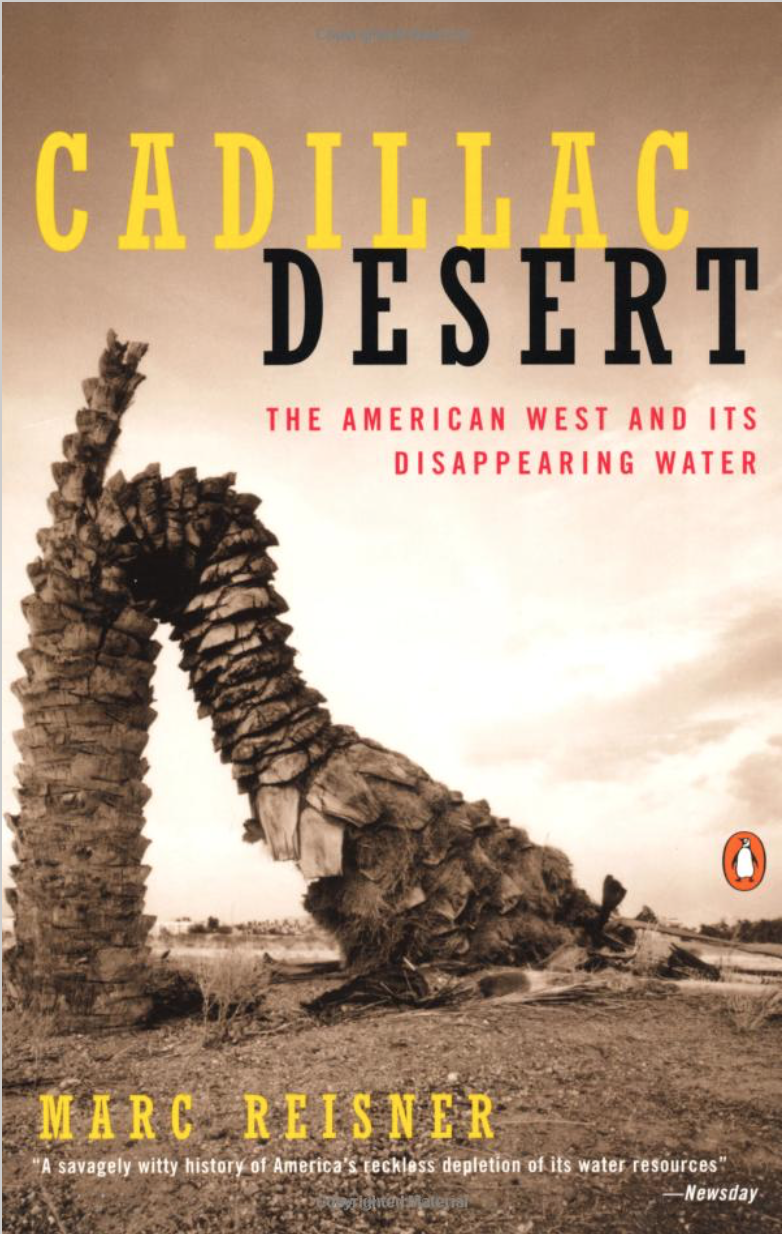Resources for Visual Storytellers
Blog Posts from EyesOn.Earth
Several EyesOn.Earth blog postings to help you think about the Anthropocene, to imagine what is looks like, understand what you are observing, and how to approach photography.
Peering Through an Anthropocene Lens by Dennis Dimick
Setting the Stage: The Human Age and Great Acceleration as frameworks for environmental photography.
How Do I get There From Here by Jim Richardson.
Finding stories isn't easy, even for old hands. Here are some tips.
Signs, Harbingers, and Causation by Dennis Dimick.
Creating a Path Towards Environmental Photography Ideas
A Master Ponders His Craft by Peter Essick.
Peter is one of the great environmental photographers working today. Here, in words both practical and profound, is Peter searching for the path to clarity.
Atlas for the End of the World by Jim Richardson
A treasure trove of insight and information of incredible value for any photographer seeking to chronicle the problems facing our planet, as well as the hard-won progress and possible solutions.
Useful Sources
Our World in Data: Max Roser
"Explore the ongoing history of human civilization at the broadest level, though research and data visualization." A resource for understanding contemporary environmental trends and impacts as a result of humanity's expanding domination of the planet.
Site maven Kay Mac Donalds produces a go-to resource on all things food and agriculture, including weekly photo roundups.
Drawdown—100 Solutions to Reverse Global Warming by Paul Hawken
An novel and useful compendium of activities we can do to confront and begin solving the problem of human-caused climate change, ranked from 1 to 100 in order of their cost-benefit. This book can serve as a manual of story ideas for any photographer wanting to show what solving climate change looks like.
The Atlas for the End of the World by Richard Weller with Claire Hoch and Chieh Huang
See Jim Richardson's blog post above. A trove of insight and information for photographers seeking to chronicle problems and possible solutions in the ongoing drama between humanity's aspirations and the planet's attempts to support us.
Books and Essays
Anthropocene, A Very Short Introduction by Erle Ellis, Oxford University Press 2018
The Great Acceleration: An Environmental History of the Anthropocene Since Since 1945 by J.R. McNeill: Harvward University Press, 2016
A Field Guide for Science Writers by Deborah Blum, Mary Knudson, Robin Marantz Henig Oxford University Press; 2nd edition (August 25, 2005)
Harvesting the Biosphere Or Energy and Civilization: A History Or Oil: A Beginners Guide Or anything else by Vaclav Smil
Thinking in Systems: A Primer by Donella Meadows. and Introductory essay from this: Leverage Points: Places to intervene in a System by Donella Meadows. What things look like and what they mean are often different. Meadows' journey into nature's systems and the systems we have created for ourselves, this book and are essay are basic and provocative reading for photographers - and anyone - trying to understand flows of influence and power.
organizations
Anthropocene Working Group: Scientists proposing to have the Anthropocene declared a formal geologic epoch. Rich array of definitions, articles, and research papers..
Researchers focused on human society's impacts on the planet and how we can transition towards more sustainability. The online archive of its precursor organization, the International Geosphere Biosphere Program (IGBP,) while now dormant, remains a trove of valuable research on global change. See link to their magazine below.
Stockholm Resilience Center @sthlmresilience
"Internationally recognised for its transdisciplinary research. It advances the understanding of complex social-ecological systems and generates new insights and development to improve ecosystem management practices and long-term sustainability."
Millenium Alliance for Humanity and the Biosphere @mahbglobal
"The goal of the MAHB is to create a platform to help global civil society address the interconnections among the greatest threats to human well-being: failure of ecosystem services, economic inequity, social injustice, hunger, epidemics, toxic chemicals, and loss of security to crime, terrorism and war, especially resource wars (veiled or not), to name a few."
Society of Environmental Journalists @sejorg
"The Society of Environmental Journalists is the only North-American membership association of professional journalists dedicated to more and better coverage of environment-related issues. SEJ’s mission is to strengthen the quality, reach and viability of journalism across all media to advance public understanding of environmental issues."
Online Magazines
Anthropocene Magazine. A Publication of Future Earth @AnthropoceneMag
"Our mission is to curate a global conversation about data, technology, and innovation that lead to solutions to the persistent environmental challenges of our time."
"...an independent, nonprofit magazine presenting new perspectives on environmental challenges and solutions to a global audience.
Yale Environment 360 @yalee360
"Yale Environment 360 is an online magazine offering opinion, analysis, reporting, and debate on global environmental issues. We feature original articles by scientists, journalists, environmentalists, academics, policy makers, and business people, as well as multimedia content and a daily digest of major environmental news."
BioGraphic at California Academy of Sciences @bioGraphic
"An editorially independent, non-profit magazine powered by the California Academy of Sciences, bioGraphic was created to showcase both the wonder of nature and the most promising approaches to sustaining life on Earth."
Food and Environment Reporting Network @FERNnews
"The Food & Environment Reporting Network (FERN) is the first and only independent, nonprofit news organization that produces award-winning, high-impact investigative and explanatory reporting on food, agriculture, and environmental health through partnerships with regional and national media outlets."
The Conversation: Anthropocene Articles @The ConversationUS
The Conversation "is an independent source of news and views from the academic and research community, delivered direct to the public."
Anthropocene Research Papers
An Anthropocene Primer: Ongoing online research project at Indiana University that can serve as introduction to the Anthropocene idea.
The Anthropocene: A New epoch of Geological Time. Theme Issue from Philosophical Transactions of the Royal Society A: March 2011. compiled and edited by Mark Williams, Jan Zalasiewicz, Alan Haywood, and Mike Ellis. Compilation of research papers documenting the origins, manifestations, and effects of this emerging epoch.
Articles
Living in the Anthropocene: Towards a new Global Ethos. Yale E360. "A decade ago, Nobel Prize-winning scientist Paul Crutzen first suggested we were living in the “Anthropocene,” a new geological epoch in which humans had altered the planet. Now, in an article for Yale Environment 360, Crutzen and a coauthor explain why adopting this term could help transform the perception of our role as stewards of the Earth."
Generation Anthropocene: How Humans Have altered the Planet forever by Robert Macfarlane @RobGMacfarlane The Guardian, April 1, 2016.: "We are living in the Anthropocene age, in which human influence on the planet is so profound – and terrifying – it will leave its legacy for millennia. Politicians and scientists have had their say, but how are writers and artists responding to this crisis?"
The Anthropocene: A Man-Made World The Economist, May 26, 2011. "Science is recognizing humans as a geological force to be reckoned with."
A Collection of TED talks and more on the topic of ANTHROPOCENE
Is the Anthropocene Epoch a Condemnation or a Call for More? by Wesley Yang, NYT Magazine Feb. 14, 2017
